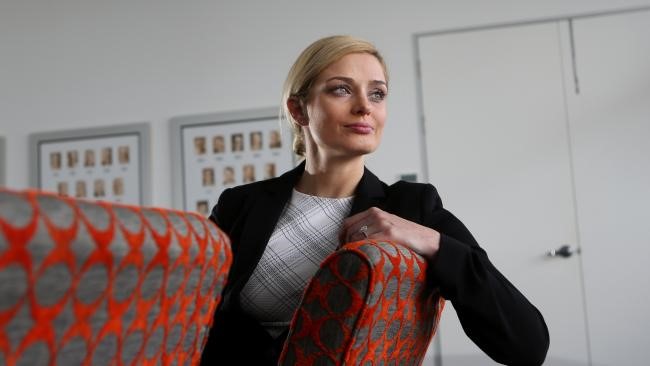There has been promising economic news in recent days, as Australia seeks to rebound from the COVID recession. The Australian Bureau of Statistics (ABS) has revealed that the economy grew by a substantial 3.1 per cent in the December quarter. To put that into context, it’s the first time in more than 60 years that we’ve had two consecutive quarters of growth exceeding 3 per cent.
In addition, the ABS also revealed that retail sales nationwide grew by 0.5 per cent in January. No doubt the sector continues to be aided by Australians having irregular levels of discretionary spending power, but the results are pleasing given the first month of the year is generally a quiet one for retail following the Christmas rush.
While all of this positive data is cause for optimism, what ultimately matters is if it aligns with how your business is travelling. We are just weeks away from JobKeeper ending and that will force some of you to reassess your business operations. The exceptionally high levels of consumer spending we’ve seen in recent months will also inevitably decline at some point. The bottom line is that challenges remain for the foreseeable future and we will continue to communicate this message to governments at all levels.
Last week also saw the Federal Environment Minister, Sussan Ley, unveil the National Plastics Plan. The report outlined initiatives that will take place between now and 2030 to drastically reduce the amount of plastic used across society. From a retail perspective, relevant measures include the phasing out of polystyrene food and beverage containers by December 2022; a minimum 80 per cent of products on shop shelves to carry the Australasian Recycling label; and that 100 per cent of packaging is recyclable, reusable or compostable by 2025.
As we have done with various plastic bag bans across numerous states, we hope to work constructively with the government on this matter. There’s a general thrust to reduce, if not eliminate, plastic and it’s important that industry is engaged to ensure a smooth transition. As many of these reforms are taking place over a number of years, therefore possibly multiple different governments, there is potential for changes to occur regarding dates or specific details of measures. Throughout this period we will make sure that the views of retailers are at all times strongly considered and look forward to doing any necessary advocacy to government.
Finally, the Federal Government has appointed a new Australian Small Business and Family Enterprise Ombudsman. Former Cabinet Minister Bruce Billson will take the role, replacing outgoing ombudsman Kate Carnell. The future of thousands of small businesses across the country hinge on a strong economic recovery following COVID and we look forward to working with Mr Billson on this.
All the best for the week ahead.

